Coffee Man Story | A 23-year-old with no money and no power, bringing local coffee beans to the world
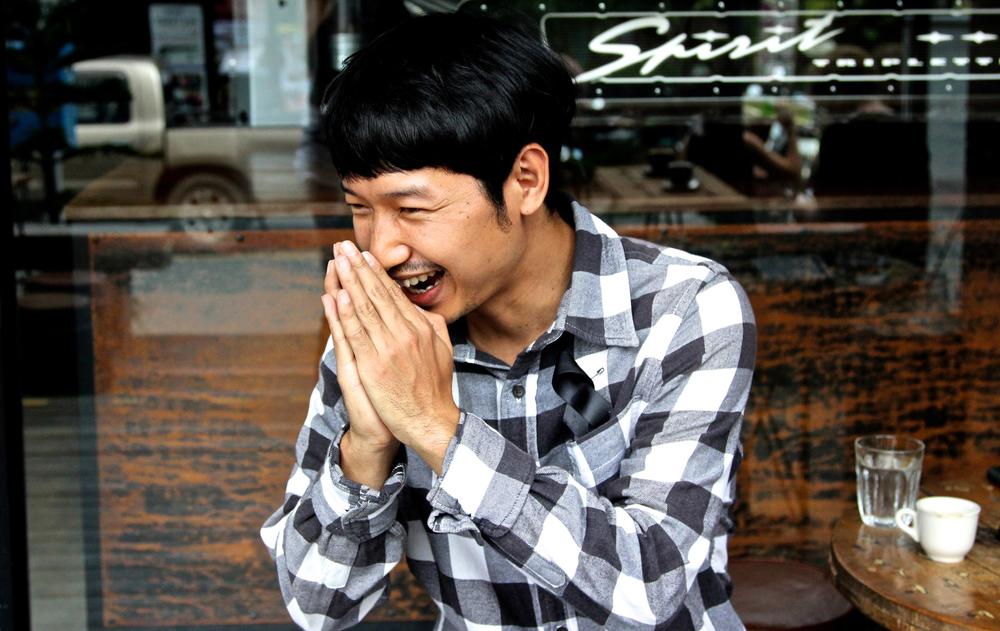
For professional baristas, please follow the coffee workshop (Wechat official account cafe_style)
"what can a 23-year-old boy do if he wants to change the world?" Six years ago, this was the question that a lot of people asked Ayu Lee Chuepa. Now he has grown up a few years old, and his appearance is still flying. This time Munchies came to Akha Ama Fattoria, his second coffee shop in Chiang Mai, Thailand, to talk about the journey of Lee.
Although Lee does not have a strong background, it is not easy to improve the life and environment of local coffee farmers in Thailand step by step. At first, the coffee farmer questioned his purpose and ability. "there were so many rich people outside who said they would help us, but they didn't do anything." You have no money and no power. Why should we believe that you can? " Words like this go on and on.
Come to think of it, it's true. From Chiang Mai, as a member of the Akha ethnic minority, although Lee's parents are coffee farmers in Chiang Rai in northern Thailand, he still does not have enough resources to help him start his career, but he knows very well that growing coffee beans and making money from it are two different things. "the coffee industry has been promoted in Portland, Los Angeles, Seattle and Melbourne to generate good income," he said. Then why are the people who are really growing coffee beans so poor? "
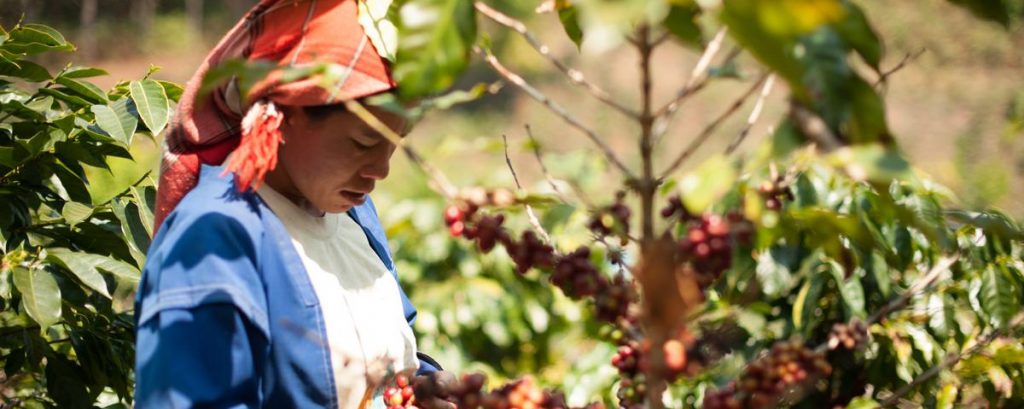
Now Lee runs a coffee roaster and two coffee shops, and its business is getting better and better, and its coffee beans have been selected by the European Fine Coffee Association (Specialty Coffee Association of Europe) for three consecutive years. The reason for the success lies in Lee's change to his hometown: about 30 tribesmen are coffee farmers who grow coffee beans that are sustainable and receive high financial subsidies. The staff of the coffee shop are all trained, and some will even open their own business. "I want to be sustainable, self-sufficient and impart knowledge to farmers." "the purpose of running a social enterprise is to help farmers," Lee said. "instead of telling them what to do, listen to them."
As coffee shops become more and more popular, they gradually form their own cultural characteristics. When Starbucks occupied Bangkok, they were active in northern Thailand, as evidenced by the various local cafes in Chiang Mai. But today's scene is hard to imagine a few years ago, especially when Thais had little confidence in locally grown coffee beans, and the coffee was made with a pile of milk and sugar, no matter how good it was to cover up the bitterness of the beans.
Lee said that people used to say to him, "Thai coffee is terrible!" However, Thailand's tropical climate should be suitable for the growth of coffee beans, which may be attributed to low baking techniques and snobbish intellectuals. "they are the ones who admire Colombian, Ethiopian and Costa Rican coffee. I agree that the quality is good, but have Thai coffee beans done anything wrong?"
In order to prove himself right, he had to join the coffee industry even though he didn't have the top production equipment. "I don't know how to grow coffee beans, nor do I know how to produce them! But my parents said to me, 'calm down, people haven't seen your ability and determination, you have to prove it to them'. So he got 2000 kilograms of coffee beans sponsored by his parents. "I asked them, 'would you still help me if you weren't my parents?' They said,'of course not! What are you thinking?'"he said.
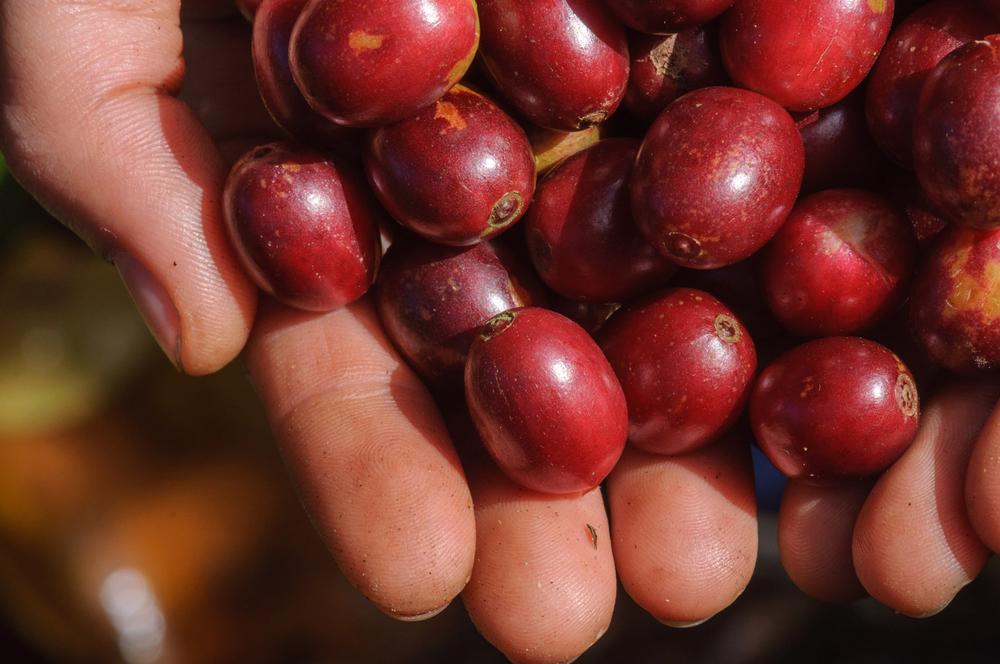
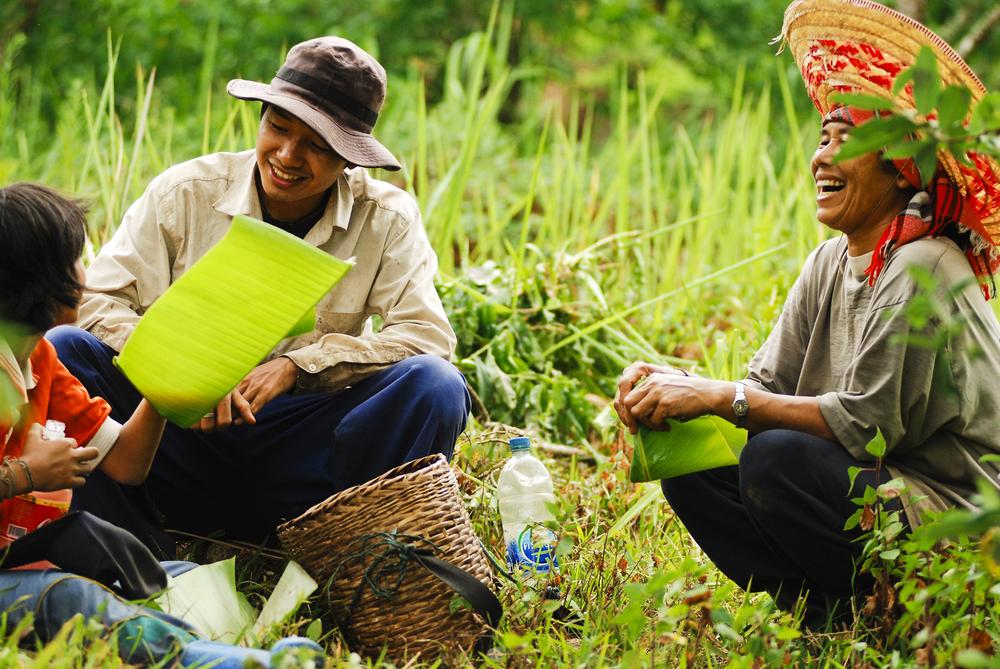
In 2010, he sent the beans to the international coffee competition organization WCE (World Coffee Events). A few months later, he received news that he had been selected as one of the 21 coffee beans selected by the European Fine Coffee Association. Lee couldn't believe it. He thought something was wrong. He wrote back and asked, "are you serious?"
Since then, he has been recognized internationally. Andy Ricker, a recipe writer and chef who won the James Beard award, was invited to visit Stumptown Coffee Roasters, a coffee roaster in Portland.
Lee has acquired more advanced technology and applied it to its own business, and 60 per cent of coffee beans are now sold wholesale and the rest at retail. Without a sufficient budget for marketing, he chose social networks and invited people to visit coffee producing areas and learn about the production process, an event held every two years that sold out weeks or even months ago.
"locals are always curious about why so many foreigners come to the coffee shop Akha Ama." Lee took a sip of the coffee and said, "now, people are finally starting to be proud of the local coffee."
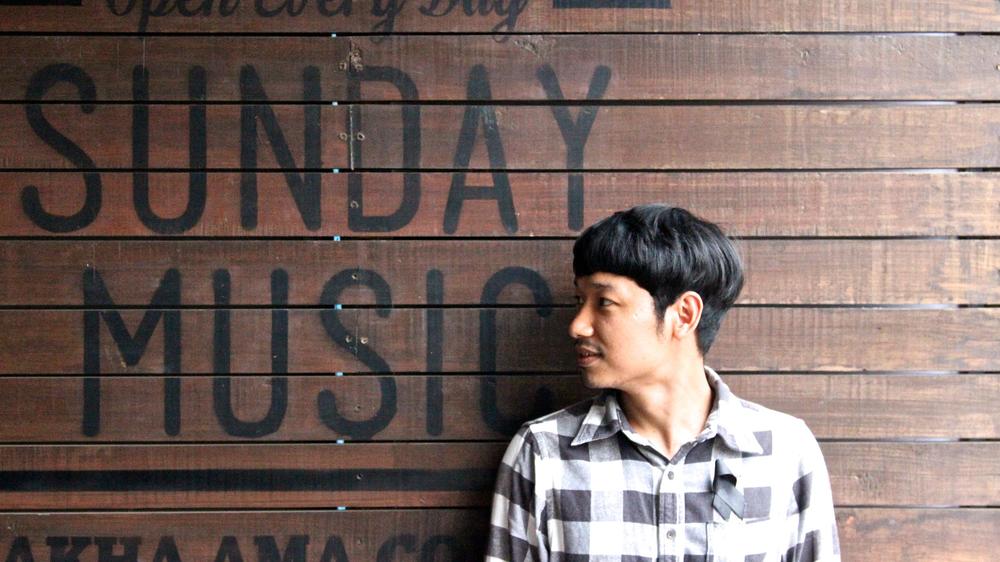
People who believe in "doing the right thing" are always appreciated. Lee not only helps farmers, but also helps push Thai coffee beans internationally, spreading good things layer by layer and transmitting beautiful energy like ripples.
Source: Meet the Sustainable Coffee Producer Giving Hope to Thailand's Hill Tribes
Important Notice :
前街咖啡 FrontStreet Coffee has moved to new addredd:
FrontStreet Coffee Address: 315,Donghua East Road,GuangZhou
Tel:020 38364473
- Prev
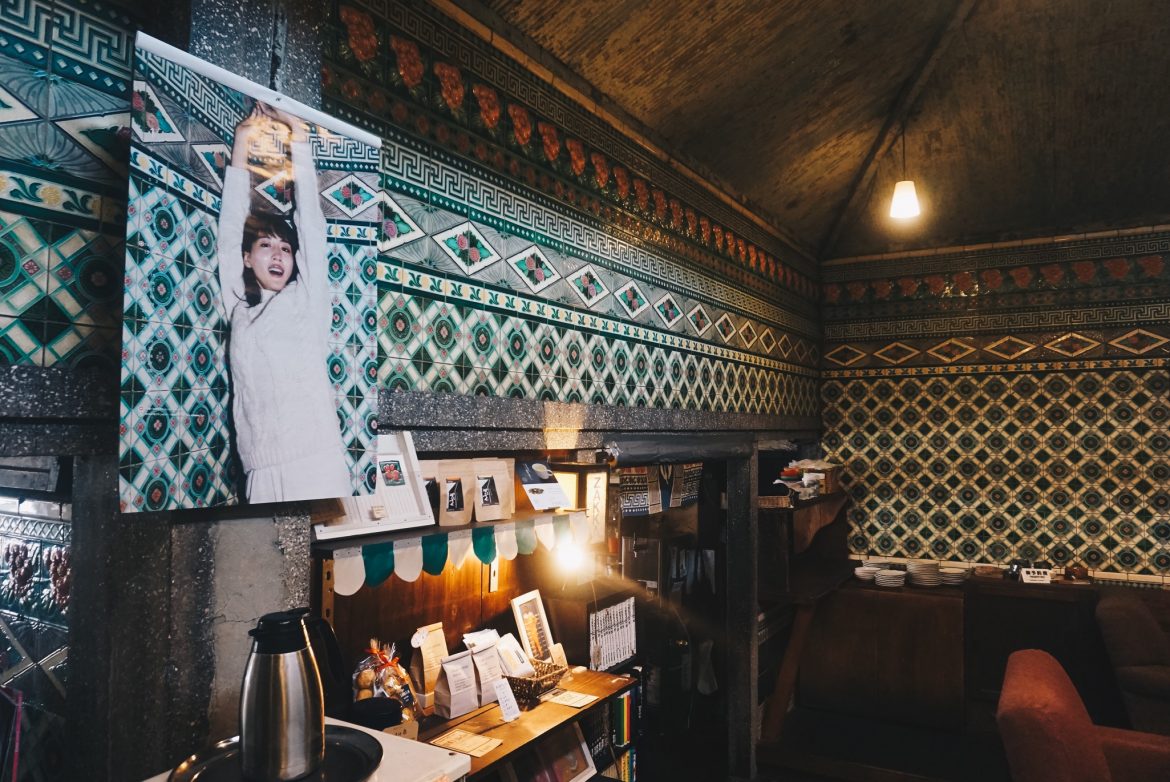
Soak in a pool of old Kyoto style: SARASA West Front Cafe
On a sunny afternoon walking in Kyoto, it is easy to forget that there are so few pedestrians on the streets of a city favored by tourists, and the flow of time slows down, like a pool of honey spreading slowly in the sun. The Western Front is located in the northwest district of the capital. If you go further west, you will reach the popular scenic spots such as Tianman Palace and Jinge Temple, but it is less crowded and more idle.
- Next
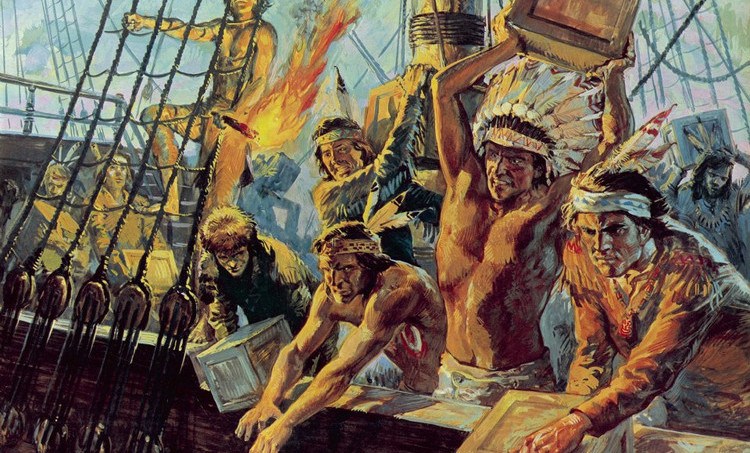
Boston forgotten by the third wave of coffee may sprout a quiet revolution of coffee
Professional baristas follow the Coffee Workshop (official Wechat account cafe_style) the third wave of coffee swept across the United States, and big cities on the northwest corner now have famous coffee shops like San Francisco, Portland, or Seattle. The wave is also spreading from the west coast to the east coast. But in this coffee revolution, Boston, the birthplace of the American independence revolution, seems to be completely different.
Related
- What documents do you need to go through to open a coffee shop? coffee shop coffee shop certificate processing process
- How to purchase Coffee beans in small Cafe how to choose a suitable supplier for domestic Coffee supply Company
- How to drink Starbucks Fragrance White Coffee? how to make Australian White Coffee? what Italian coffee beans are recommended?
- The Story of Flora Coffee: the name of Flora Coffee Bean and the implication of the Flowers on Florna Coffee
- How much does a cup of coffee cost? How much is the profit of a cup of coffee? What is the profit of the coffee shop in a year?
- Yunnan small Coffee, known as "fragrant Coffee", introduces the characteristics of Alpine Arabica Coffee producing areas in Yunnan, China
- 2023 latest Starbucks full menu price list how much is a cup of Starbucks coffee what is better to drink the most popular hot and cold drinks recommended
- Starbucks different kinds of Coffee Price list Starbucks menu 2023 Top Ten Best drinks in Starbucks
- Starbucks Spring praise Comprehensive matching Coffee Bean theme Story Packaging implication and taste description
- The cost of a cup of coffee latte American coffee cost price and selling price

